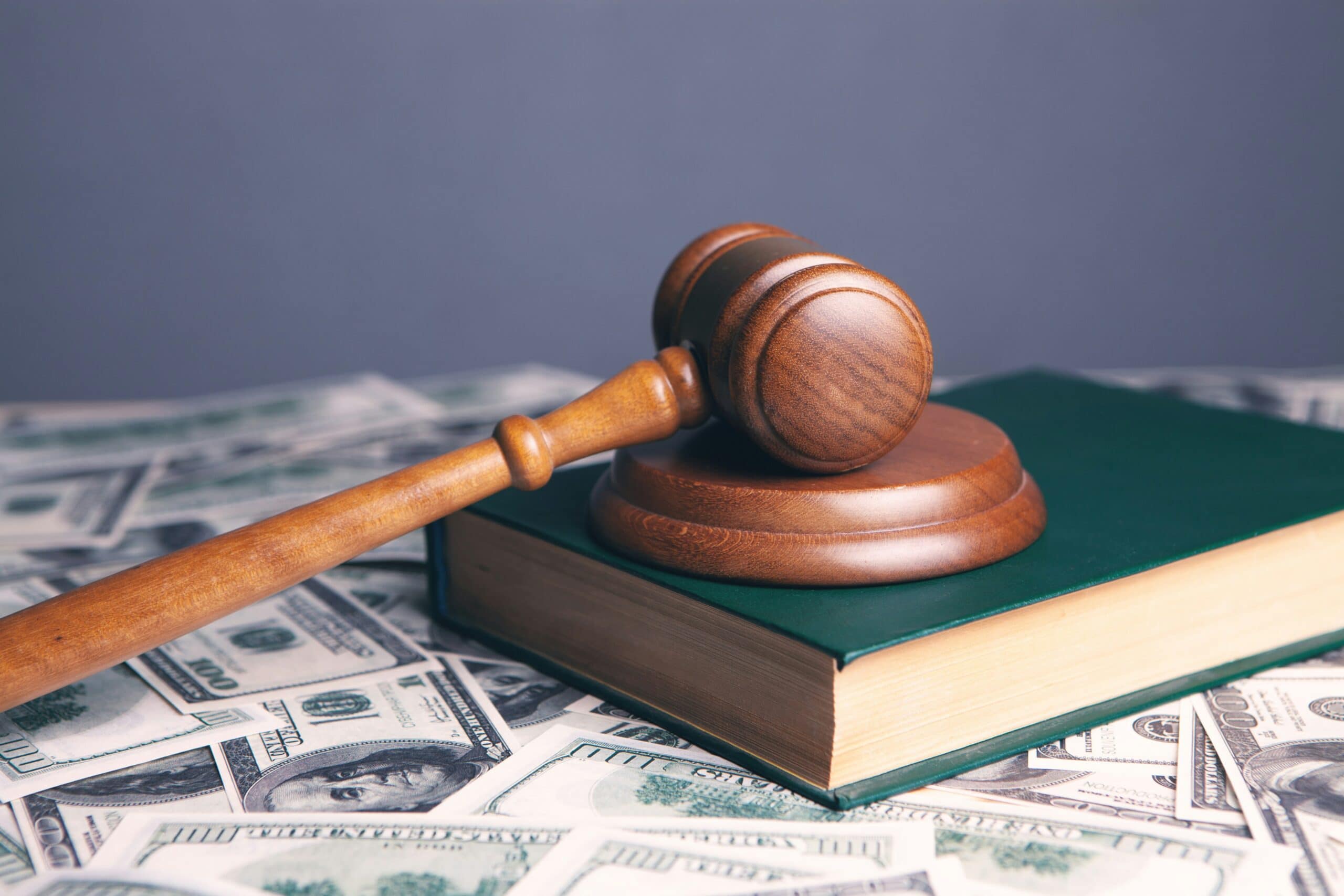The United States Supreme Court (“SCOTUS”) has been asked to revisit its landmark TCPA autodialer ruling from 2021. Following a victory by Reward Zone USA, LLC at the Ninth Circuit Court of Appeals, Lucine Trim recently filed a petition for a writ of certiorari arguing that courts have been misinterpreting and misapplying the SCOTUS-refined ATDS definition contained in the Facebook decision of 2021.
What is the basis for the challenge to the TCPA autodialer definition?
In her petition, Lucine Trim argues that courts have long ignored that a random or sequential number generator is a specific industry term of art within the computer engineering space. Specifically, Trim maintains that for equipment to constitute an ATDS it must use a random or sequential number generator to store or produce numbers and to dial those numbers. As per Trim’s argument, a random or sequential number generator (as allegedly understood by the computer programming community) does not generate telephone numbers. Consequently, it is Trim’s belief that Courts have been incorrectly dismissing TCPA lawsuits on allegedly flawed conclusions that the subject dialing equipment did not generate the telephone numbers at issue.
Trim also argues that, following Facebook, courts are inappropriately limiting the ATDS analysis to whether or not dialing equipment generated the telephone number dialed. Trim believes that the scope of the ATDS analysis has excluded any consideration of whether a random or sequential number generator was used to store that telephone number. Readers will recognize this argument as functionally the same as the “footnote 7” argument that the plaintiffs’ bar had unsuccessfully made in the immediate aftermath of SCOTUS’s initial ATDS ruling.
Above all, Trim beseeches SCOTUS to take her case based on the argument that courts are inconsistently deciding ATDS cases. According to Trim, the decisive factor in determining whether a plaintiff’s ATDS claim survives a motion to dismiss often turns not on whether use of an ATDS was sufficiently pled, but rather where the case was filed and how the judges in that particular district or circuit have applied Facebook. This, she argues, warrants SCOTUS intervention.
Why does the TCPA autodialer challenge matter to your business?
SCOTUS’s decision on whether to hear Trim’s appeal will be closely watched by the entire digital and telemarketing space. Broadening anew the ATDS definition for TCPA purposes would represent a fresh blow to advertisers and telemarketers alike.
Should SCOTUS take up the case, Reward Zone would be well-prepared to continue to defend the Facebook decision (having done so successfully at both the district court and appellate court levels with the representation of Klein Moynihan Turco).
The importance of working with seasoned attorneys who are familiar with the nuances and intricacies of telemarketing law has never been more critical. If you are interested in working with attorneys who can help your business address TCPA-related claims, please email us at info@kleinmoynihan.com or call us at (212) 246-0900.
The material contained herein is provided for informational purposes only and is not legal advice, nor is it a substitute for obtaining legal advice from an attorney. Each situation is unique, and you should not act or rely on any information contained herein without seeking the advice of an experienced attorney.
Attorney Advertising
Photo by Sasun Bughdaryan on Unsplash
Related Blog Posts:
9th Circuit Applies Precedent: TCPA Autodialers Must Actually Generate Telephone Numbers
Eighth Circuit Confirms Narrow TCPA Autodialer Definition
How The Facebook Decision Has Changed The Autodialer Factors Analysis




